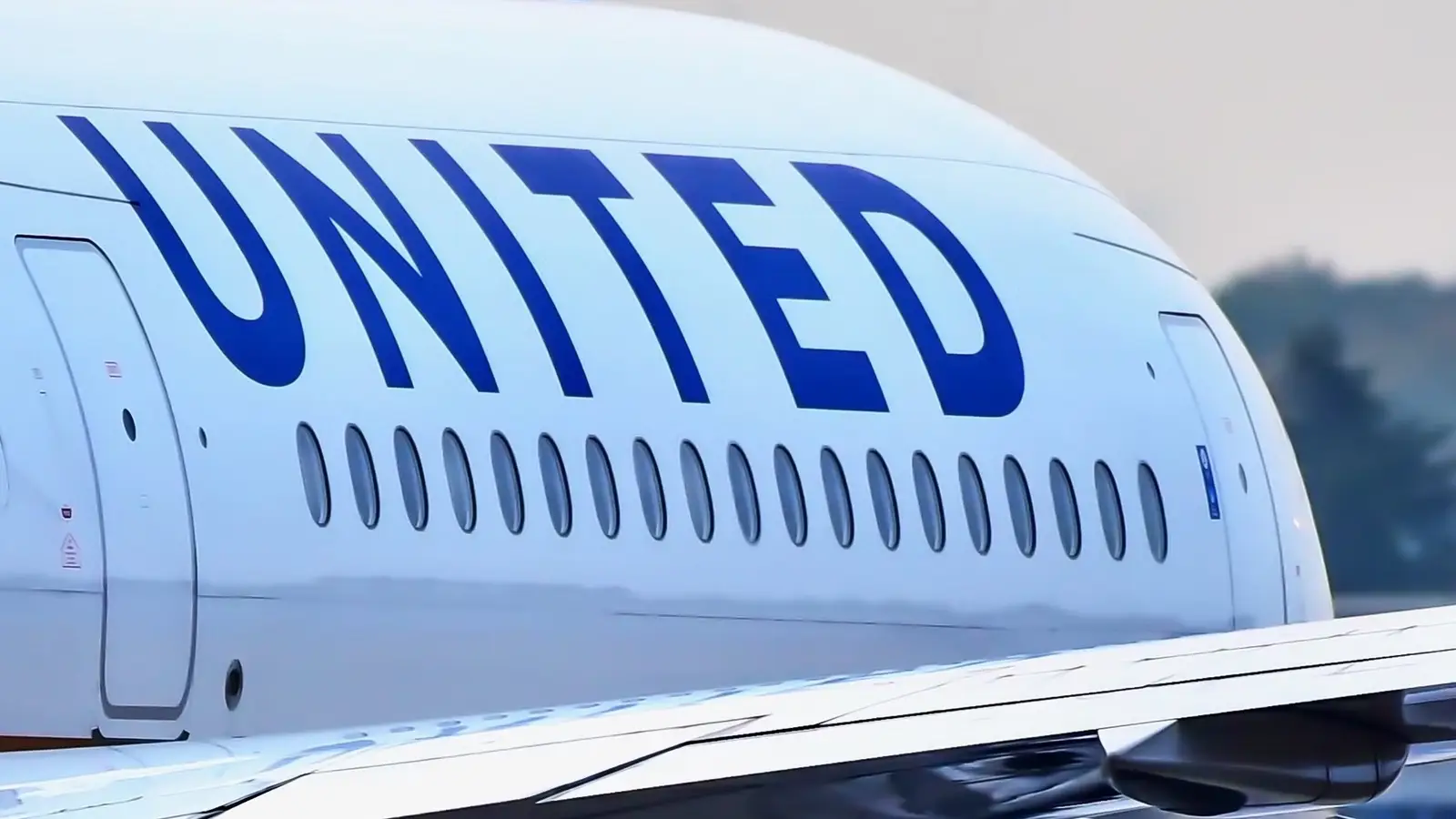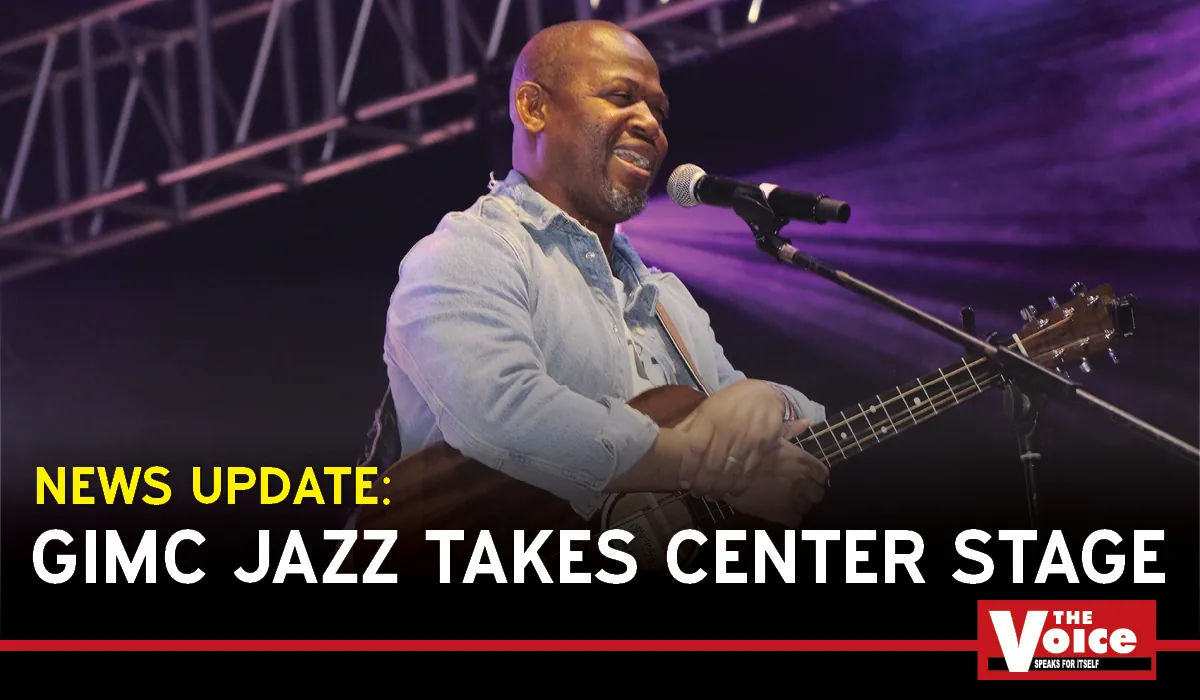
United Airlines (NYSE: UAL) CEO Scott Kirby was quick to point out in recent conversations that the airline will not bid for Spirit Airlines’ assets, which Kirby anticipates coming up for sale as the airline slowly begins to exit markets. Spirit Airlines (NYSE: SAVE), despite its extensive financial difficulties, continues to own numerous aircraft, landing slots, and route rights, all of which could soon come up for sale. Purchasing Spirit aircraft would require United Airlines to reconfigure the jets and slots, and Kirby believes that these assets do not fit well into United’s dynamic network.
Kirby indicated that reconfiguring this fleet would take 2–3 years and cost around $15 million per jet, something which he described as “not in [United’s] wheelhouse.” He also noted that there were limited gates available in Spirit’s core markets, making its collection of routes a relatively unappealing asset for the airline to acquire. United is launching flights to 15 cities served by Spirit Airlines, indicating that there will be alternatives for customers who were looking to fly with Spirit.
What Exactly Did Kirby Say?
Scott Kirby elected to make it fairly clear that United Airlines will not be bidding for Spirit’s assets when they come up for sale due to a lack of evident synergies with the airline’s comprehensive network. The carrier’s aircraft, slots, and route networksimply do not work for United, with a timeline being the principal concern that Scott Kirby appears to have front-of-mind. He thinks that the process of reconfiguring jets over the course of two to three years would not make the investment worthwhile for the airline.
The anticipated cost of around $15 million per aircraft seems impractical to United’s CEO, meaning that it seems unattractive at this given point in time. He further went on to add that United appears not to lack the gates that Spirit would be offering to the airline, highlighting a market like Fort Lauderdale as an example. In a statement published by The Economic Times, Kirby had the following words to share regarding the lack of Spirit’s assets’ appeal:
“”It’s not in our wheelhouse, and so we’re not going to do that.”
What Are United’s Next Steps?
There are a few things to keep in mind about Scott Kirby’s argument. For starters, Kirby was quick to argue that low fares do not appear to be disappearing any time soon, and he believes that while some low-cost models could fail, competition in the low-cost space will undoubtedly persist.
The airline is going to continue expanding capacity, adding more economy-class seats on both domestic and internationally oriented routes. United Airlines is looking to support this by ramping up its pilot targets, with more than 2,500 additional pilots ideally to be added to the airline’s workforce by the end of next year as Boeing deliveries continue to improve.
Lastly, United Airlines needs to address its international fleet’s future. The carrier is awaiting a decision on a long-deferred Airbus A350 order, a model that is set to replace the airline’s aging fleet of Boeing 767s and Boeing 777s.
Is Kirby’s Thesis Credible?
Scott Kirby is currently pushing forward a thesis that Spirit’s assets are not attractive to United. It’s not difficult to see why Kirby might think that this is the case.
For starters, United Airlines operates a premium-oriented network with aircraft that feature multiple premium cabin seats. In addition, the carrier also has a network that mostly focuses on business travel or high-volume leisure destinations.
As a result, the credibility of Scott Kirby’s thesis is fairly easy to ground. Nonetheless, there will be a carrier that does not agree with Kirby’s views and will be more interested in acquiring these jets.



